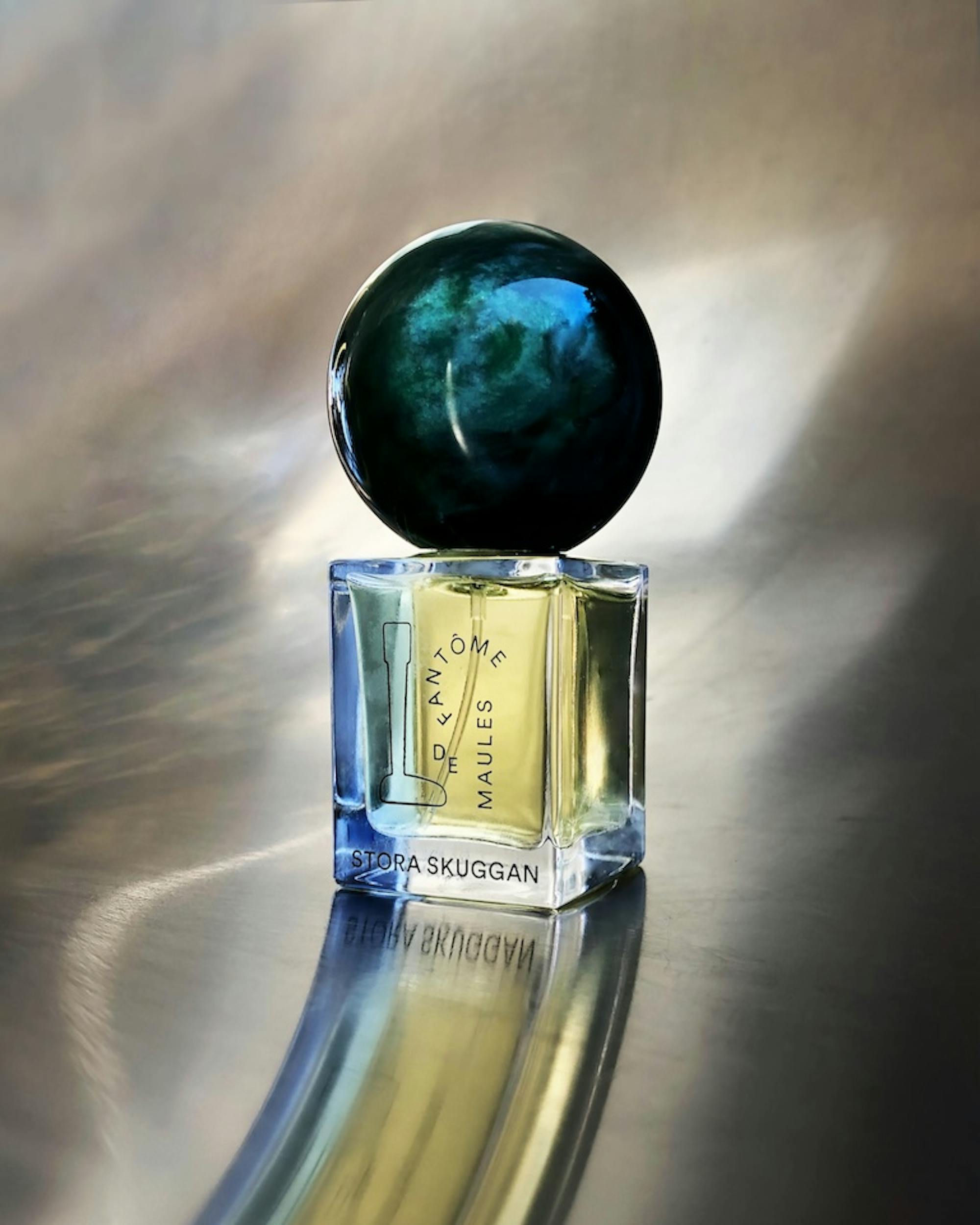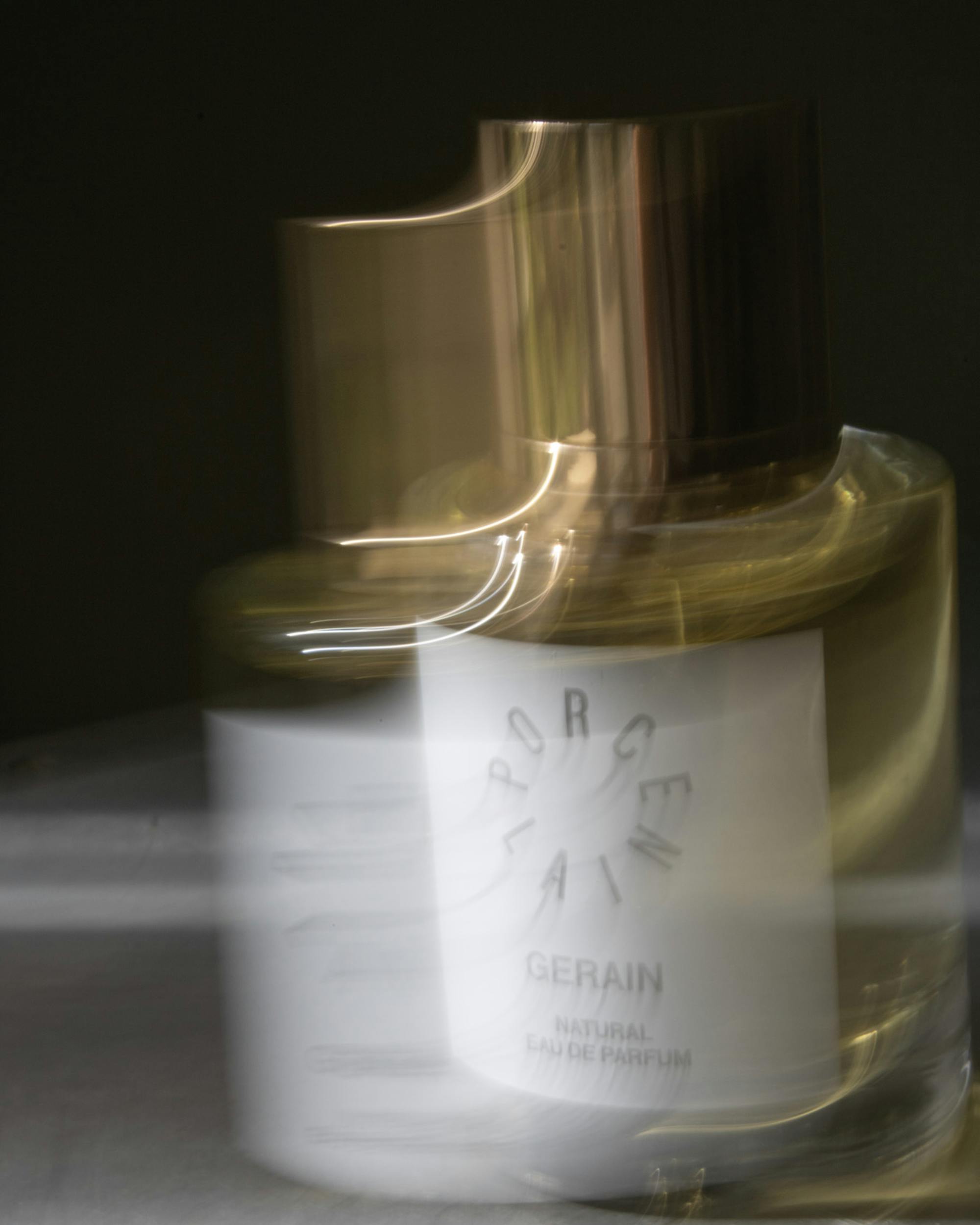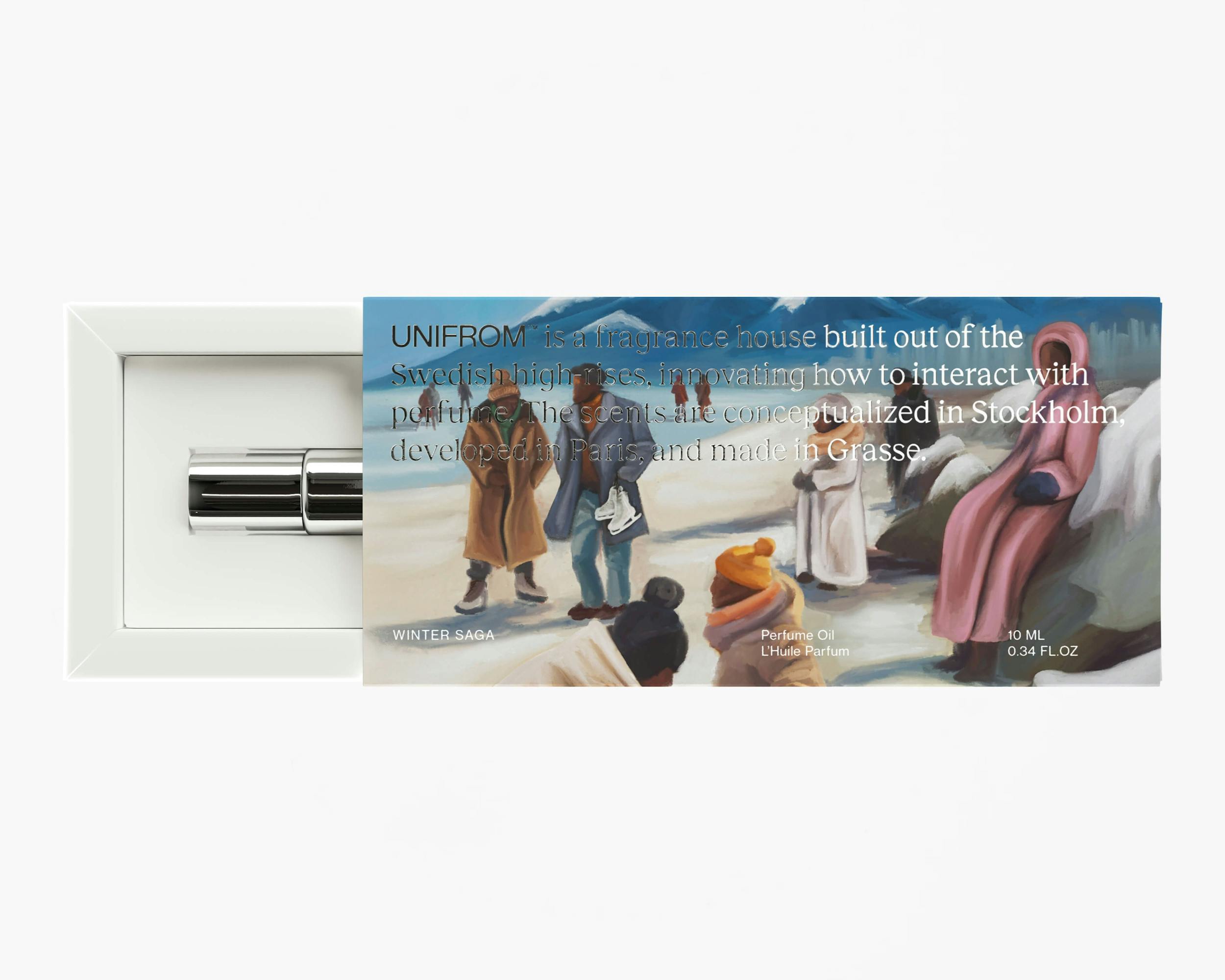0 minute read
Fragrance Files: How to Pick a Perfume That Suits You
With so many perfumes available, learning how to pick a perfume that suits you can feel overwhelming. Here’s everything you need to know about how to choose a fragrance that matches your personality, lifestyle and special moments.
THE IMPORTANCE OF CHOOSING THE RIGHT PERFUME
Picking the right perfume matters for two reasons: it shapes your identity and strengthens your memories.
Fragrance is a powerful form of self-expression. The scent you wear becomes part of your personal style — influencing how others perceive you and how you feel about yourself. A signature perfume can refine your aesthetic just like the clothes you choose.
Perfume is also deeply connected to memory. A single scent can transport you back in time, making it especially meaningful for weddings, birthdays, graduations and other milestones.
Whether you’re searching for a signature scent, an everyday fragrance or something for a special occasion, knowing how to pick the right perfume makes all the difference.
In this article, we’ll discuss what to consider when choosing a perfume and how to apply it for a long, fragrant wear.

When you’re learning how to pick a perfume that suits you, there are five core elements to consider. Let’s dive into them.
1. FAMILIARISE YOURSELF WITH SCENT PROFILES
The first step in choosing a perfume is understanding fragrance families.
If shopping in-store, take your time sampling different scents. If you prefer buying perfume online, knowing the main scent categories can help you narrow your options.
The four main fragrance families are:
- Oriental notes: patchouli, sweet spices and incense amber.
- Woody notes: leather and mosswood.
- Fresh notes: lavender, aquatic notes and fresh berries.
- Floral notes: freshly cut flowers and orange blossom.
Once you identify which scent family you prefer, choosing the right perfume becomes much easier.
2. BE CLEAR ON YOUR INTENTIONS
Before choosing a fragrance, define your intention.
If you’re selecting an everyday perfume, remember it will become part of your identity. Choose a scent that complements your personality and aesthetic.
If you’re buying perfume for a special event, consider the season, location and mood. For example, a coastal celebration pairs beautifully with a fresh, airy fragrance.
It’s helpful to answer the following questions:
- How would you best describe your aesthetic?
- Where do you envision wearing your perfume?
- Is there a mood you’d like to tap into?
- How often will you wear it?
- Which predominant season will you wear your perfume in?

3. TEST PERFUME PROPERLY
Many people test perfume on paper strips and make a quick decision — but that’s not the best way to pick a fragrance.
To understand how a perfume really smells on you, apply it to your skin and let it develop for 15 to 30 minutes. Fragrance reacts with your natural oils and changes over time.
Here’s how perfume develops:
- Top notes: The first scent you smell. Often citrus or light floral. These fade quickly.
- Heart (middle) notes: Emerge after several minutes and define the character of the fragrance.
- Base notes: The longest-lasting notes that form the foundation of the perfume.
When choosing a perfume, focus on how the heart and base notes smell on your skin — not just the initial spray.
As you use your bottle of perfume, oxygen can begin to modify the chemical composition of your fragrance which may change the fragrance profile.
Therefore, when it comes to picking a perfume, find a fragrance that comes in a compact size. This ensures your perfume doesn’t spoil before you’re finished with it.
PICK A PERFUME THAT LASTS
Some fragrances have shorter shelf lives, while others can last many years. Perfume begins to expire after you open it, and the speed with which it expires depends on its chemical composition, quality and the type of fragrance it emits.
Perfumes with heavier notes like balsamic or wood will last the longest, and perfumes that are citrusy, alcohol-free or contain floral notes like patchouli have a shorter shelf life.
HOW LONG DOES PERFUME LAST ON SKIN
Generally, fragrances last between four and eight hours. However, as mentioned, this will vary depending on the scent profile, quality of your perfume, and the moisture of your skin and the environment around you.
The drier your skin and the air around you, the quicker your perfume will evaporate.

STORE YOUR PERFUME PROPERLY
A bottle of perfume can last anywhere from three months to 10 years, with an average shelf life of around 30 months. However, heat and sunlight significantly reduce its longevity. If stored in warm conditions, perfume may only last three to six months.
To extend its lifespan, keep your fragrance in a cool, dry place away from direct sunlight, humidity and steam. Bathrooms are not ideal. If you won’t be using a perfume for a while, storing it in the fridge can help preserve its quality.
You’ll know a perfume has expired if the scent changes — becoming weaker, sour or vinegary — or if the liquid turns cloudy, darker in colour or appears to have evaporated more than expected.
Proper storage ensures your fragrance stays true to its original scent for as long as possible.

HOW TO APPLY PERFUME
Applying perfume correctly improves both projection and longevity.
Always apply fragrance directly to clean, moisturised skin. Using body lotion or oil beforehand helps lock in moisture and allows the scent to last longer.
Focus on pulse points — warm areas of the body such as the wrists, behind the ears, chest, behind the knees and even the belly button. These areas generate heat, helping the fragrance develop and diffuse naturally.
Finally, avoid rubbing your wrists together after applying perfume. Friction can break down the top notes and alter the scent. Instead, let the fragrance settle and evolve on its own.
THE TAKEAWAY ON HOW TO PICK A PERFUME
When it comes to how to pick a perfume, there are a few factors to consider, like what the occasion is, what climate you live in, and what scent profiles stick out to you.
Make sure you store the perfume you’ve picked in a cool, dry space away from sun and humidity, and purchase smaller bottles more frequently to prevent accelerated expiration.
Apply your fragrance directly onto your pulse points or through a perfume cloud and refrain from rubbing it in. And of course, don’t forget to be creative and layer complementary scents.
The Youtime Team
05/1/2024
Share